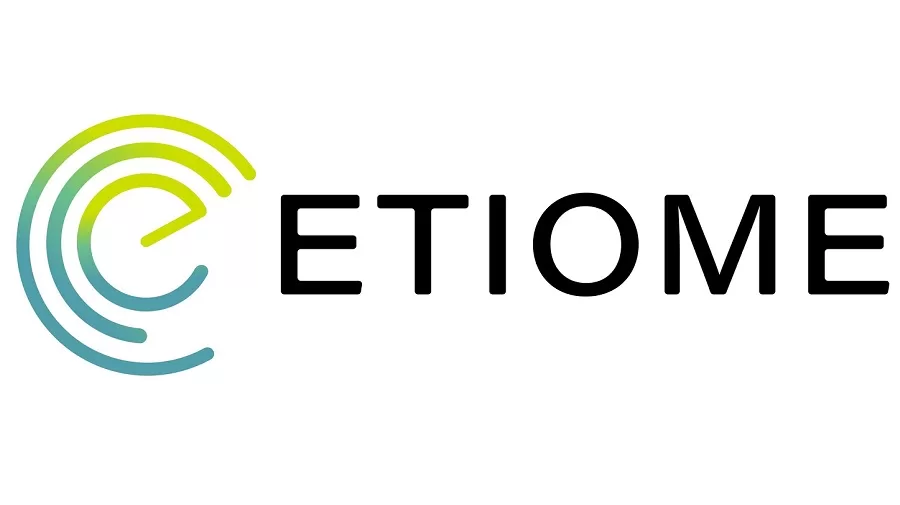Health
The Future of Healthcare? Etiome’s Bid to Redefine Early Detection

- One in three adults globally is affected by chronic disease, with many conditions diagnosed too late for optimal intervention. Etiome aims to change this through AI-based detection tools that identify early disease signals at a cellular level.
- Backed by $50 million and targeting diseases like Alzheimer’s, NASH, and certain cancers, Etiome’s approach combines massive datasets with machine learning to predict illness before symptoms arise, potentially saving billions in healthcare costs.
What if your body could warn you about disease before it strikes?
Etiome, a new startup from Flagship Pioneering, believes it’s possible.
Backed by $50 million in funding, the company is working on tools to detect disease long before symptoms show up. This isn’t about early diagnosis in the traditional sense—it’s about spotting trouble at the very first sign, often at the cellular level.
The goal is to shift from reactive to preemptive healthcare. Instead of waiting for symptoms or damage, Etiome wants to help clinicians act earlier. Much earlier.
Why This Startup Could Matter to You
Most healthcare systems react to illness. You go to the doctor when something feels off. Tests are run, and a diagnosis follows. For many diseases, like Alzheimer’s, some cancers, or chronic liver conditions, that timeline comes too late.
Etiome’s idea is simple: don’t wait. By catching subtle biological changes that precede disease, treatment can begin earlier, and outcomes may be better.
This thinking is at the heart of Etiome’s proprietary platform: Temporal Biodynamics.
How Temporal Biodynamics Works
Picture your health as a continuous timeline. Now imagine tracking every change across that timeline—your blood markers, genetic activity, and metabolic shifts. Most of these changes are invisible to us, and often, they’re dismissed as noise. But not here.
Etiome’s AI-powered system studies this data, seeking out patterns that indicate the early development of disease. It looks for what they call “biostage markers”—biological flags that might show where a disease is starting to form, long before it would be picked up through routine screening.
This is made possible by combining massive datasets: health records, lab results, genetic sequences, and more. The more the system learns, the sharper its predictions become.
What They’re Focusing On First
Etiome isn’t trying to cover everything at once. They’ve zeroed in on specific disease areas where early detection has proven value.
Metabolic diseases like non-alcoholic steatohepatitis (NASH) are one such target. Many people with NASH have no symptoms until liver damage is well underway. Etiome’s system aims to catch it earlier, when fat begins to accumulate in the liver but before fibrosis starts.
They’re also tackling neurodegenerative conditions such as Alzheimer’s. Today, most diagnoses come after cognitive decline has set in. What if the warning signs were visible a decade earlier?
Autoimmune diseases are another focus. These conditions often flare unpredictably. Etiome wants to forecast those flares, allowing for timely intervention.
And in cancer prevention, the company is looking at precancerous cellular changes—tiny signals that a malignancy could develop, giving doctors a window to act before tumours form.
What This Means for You and Your Doctor
Let’s say you’re healthy, but you get regular check-ups. In the near future, one of those visits could include a scan of your personal health timeline. If Etiome’s tools pick up a trend in your biomarkers—say, early signs of metabolic stress—your doctor might advise lifestyle changes or preventative medication.
It’s not science fiction. It’s a shift toward data-driven prevention.
Doctors could intervene earlier, with more confidence. Patients might avoid the physical, emotional, and financial cost of late-stage treatment. And healthcare systems might save billions by addressing problems before they escalate.
Barriers That Still Exist
There’s excitement, but also hurdles. For one, the question of data privacy looms large. Health data is sensitive, and any system built around it must protect user trust.
Then there’s the issue of scientific validation. The patterns identified by AI must be proven in the real world. That takes time and rigorous testing.
Finally, there’s the matter of integration. Healthcare providers need to be trained, workflows adapted, and insurers brought on board. None of this happens overnight.
What’s Happening Now
Etiome is already laying the groundwork. The company is collaborating with academic hospitals and research groups. Clinical trials are planned but not yet in motion to test their predictive models.
There’s also interest from insurers and national health systems, particularly in places like the UK, where cost-effective preventative care aligns with NHS goals.
If trials go well, pilot programmes could begin within a few years. Europe and North America are expected to be the first testing grounds.
Why You Should Pay Attention
This could mark the beginning of a new healthcare standard, where we don’t wait for illness but predict and prevent it.
It’s too early to say exactly how Etiome’s technology will roll out. But the direction is clear: catch disease before it takes hold.
That might mean fewer hospital visits for you. Or a longer period of health for someone you love. Or a future where your doctor knows what’s coming—and how to stop it.



















































